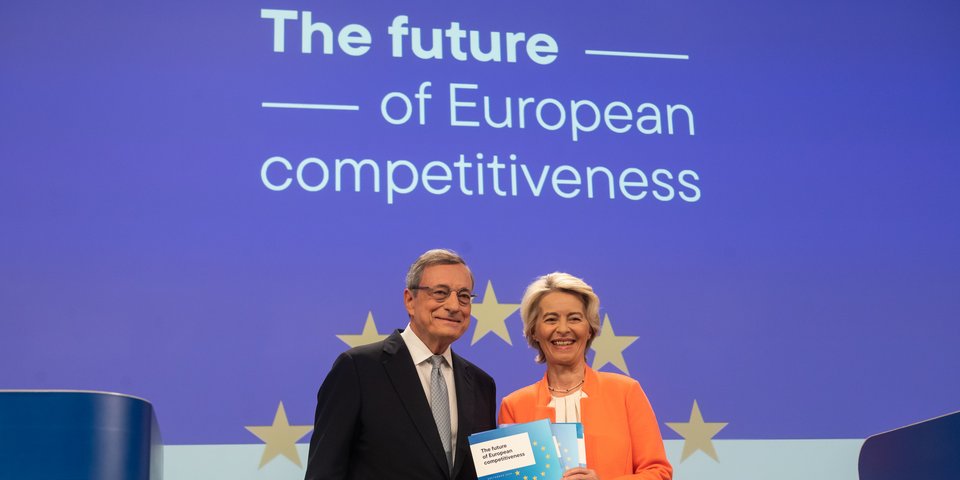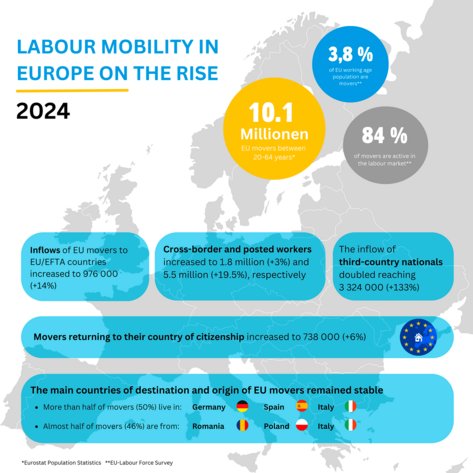 CCE
CCE
Competition and prosperity
need fair working conditions
ed* No. 01/2025 – Chapter 2
The European Commission presented its “Compass for Competitiveness” on 29 January as a result of the stirring report about EU competitiveness that was prepared by Mario Draghi, the former president of the European Central Bank. It emphasised the importance of fair mobility as well as the recruitment and integration of qualified skilled workers from abroad as being a priority for strengthening Europe’s competitiveness. Demographic change is also putting increased pressure on the labour markets. Germany and Europe are becoming increasingly dependent on well-trained, skilled workers from abroad in order to remain competitive and prosperous. Good working conditions, adequate laws and effective enforcement and implementation of applicable regulation are essential here.

Gräfenhausen – more than just refuelling and resting
Europe must offer attractive jobs if it wants to attract people from abroad. The wages and working conditions have to be right. This is not always the case. This became apparent in 2023 at the Gräfenhausen motorway service area on the A5 near Darmstadt. Up to 120 drivers staged a protest there for payment of their wages, and 30 of them were temporarily on hunger strike. The protest action was ended after more than two months. The drivers did receive some of their outstanding pay, not from their Polish employer, but from actors in the supply chain. It was the second strike of its kind.1
Loud protests are the exception. In most cases, the people – many of whom come from accession countries in the Balkans and non-EU countries such as Afghanistan, Azerbaijan, Belarus, Georgia, India, Iraq, the Philippines, Syria, Ukraine, Uzbekistan as well as from Africa – remain in the background. They neither know their rights, nor do they speak our language. They are often reliant on the low wages, as there is no work in their home countries, but they still have families to support. It is difficult for them to find someone responsible if they work for.

